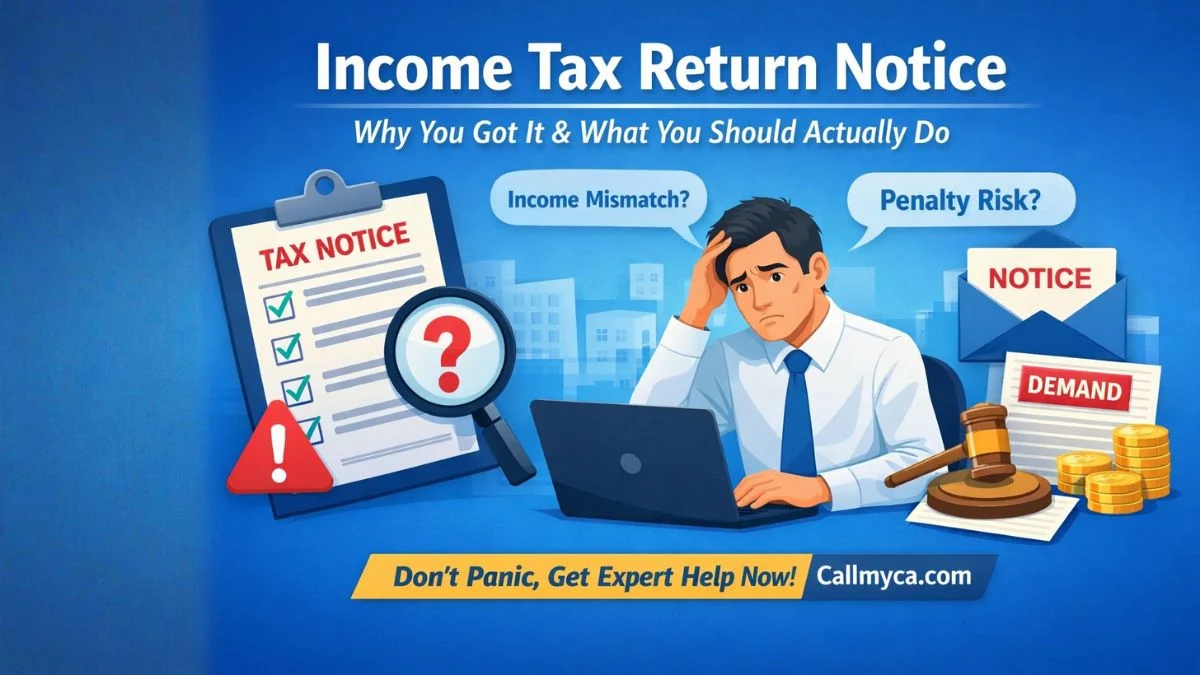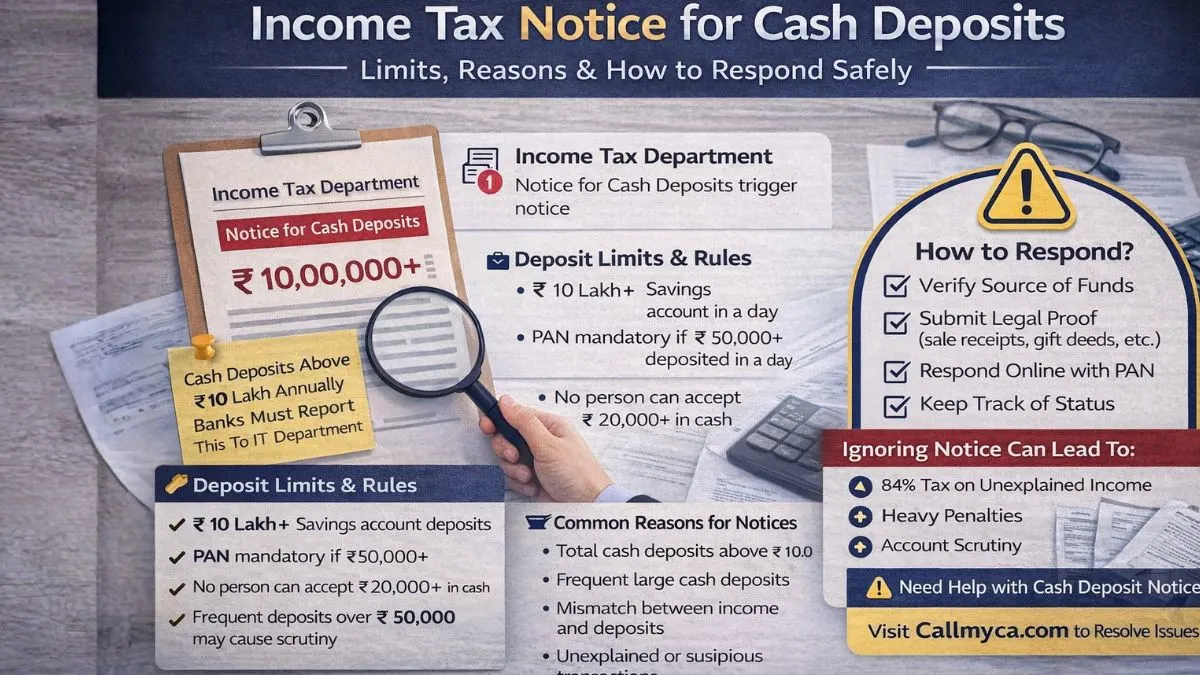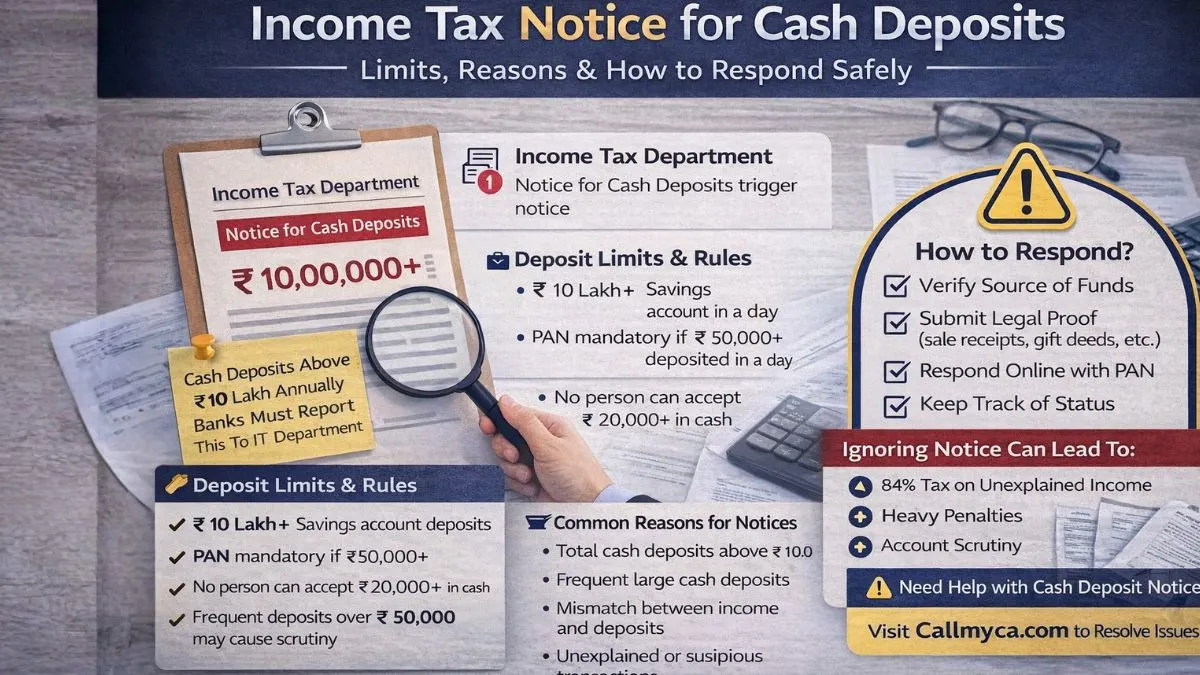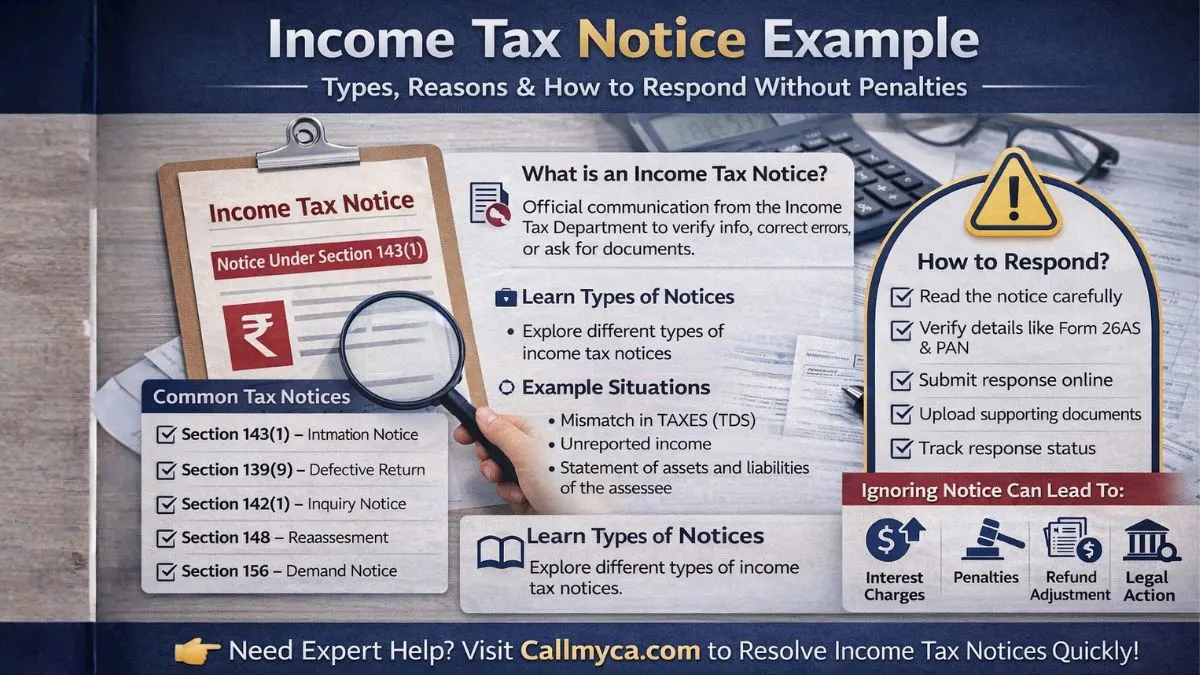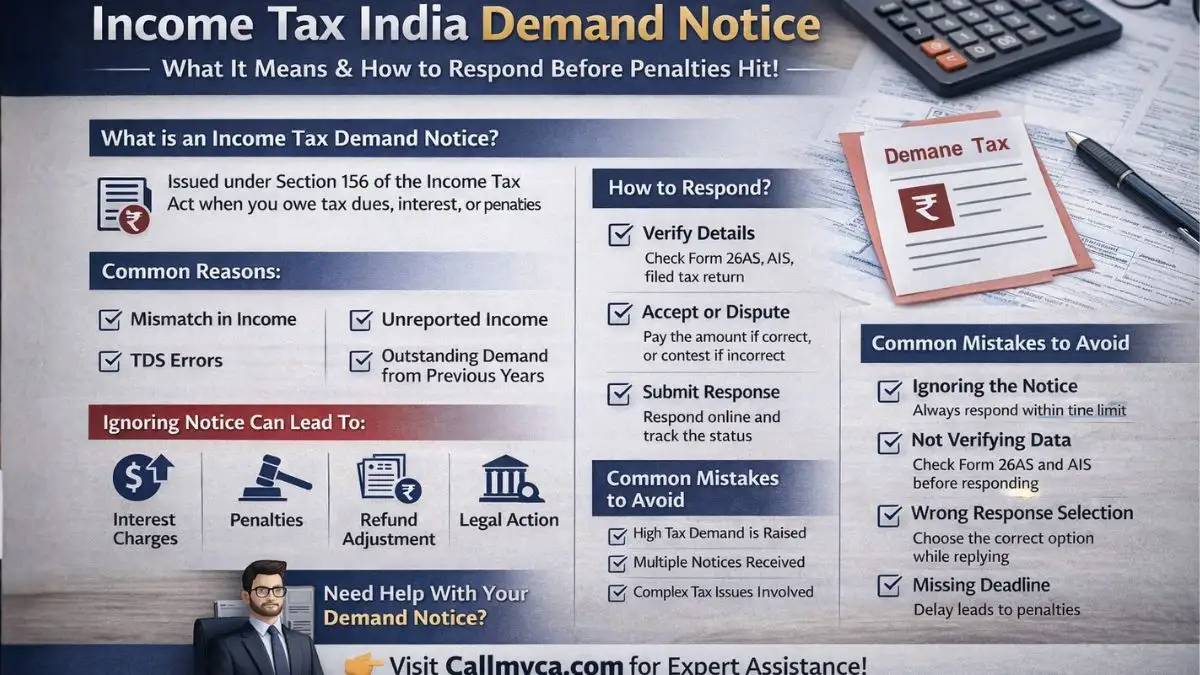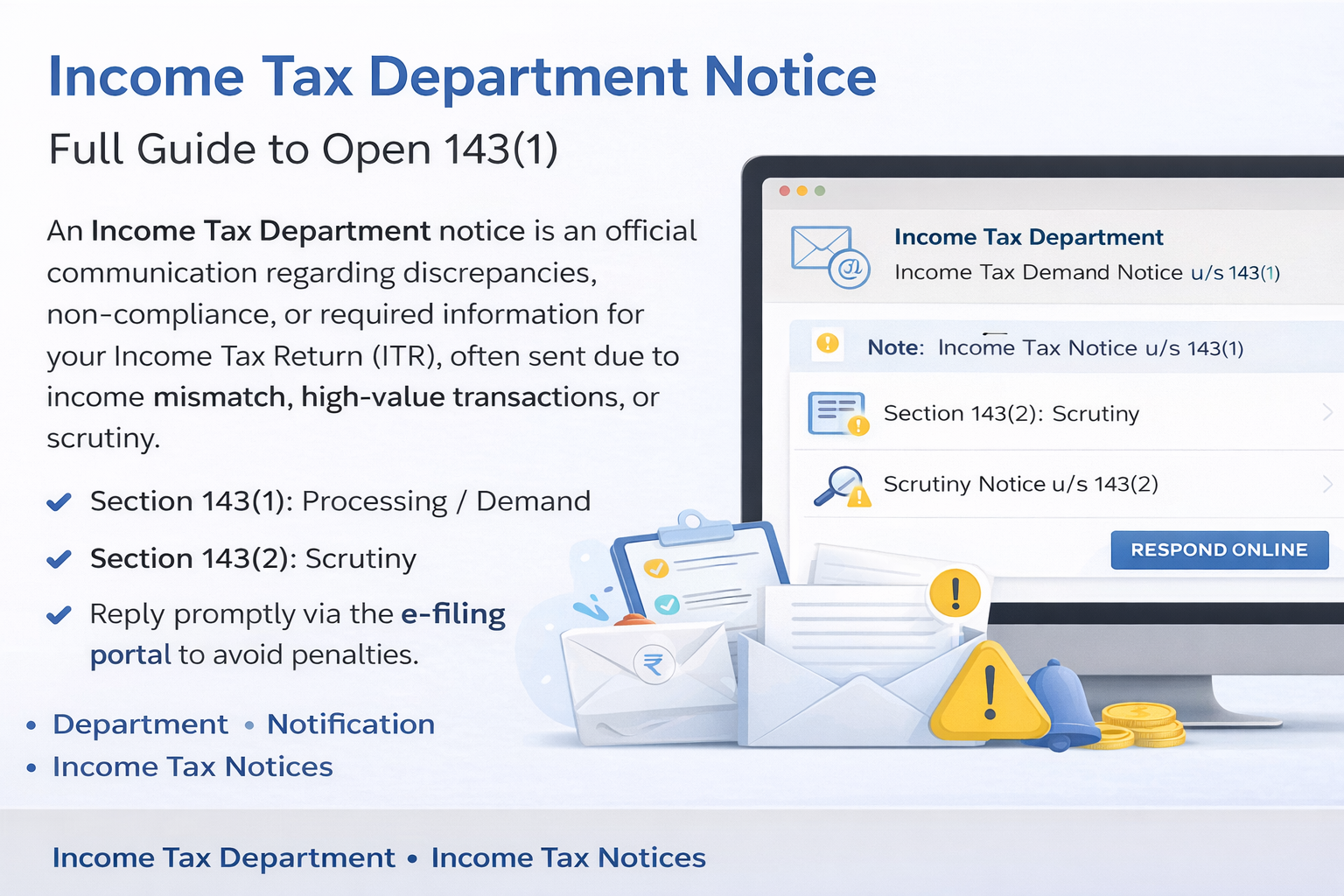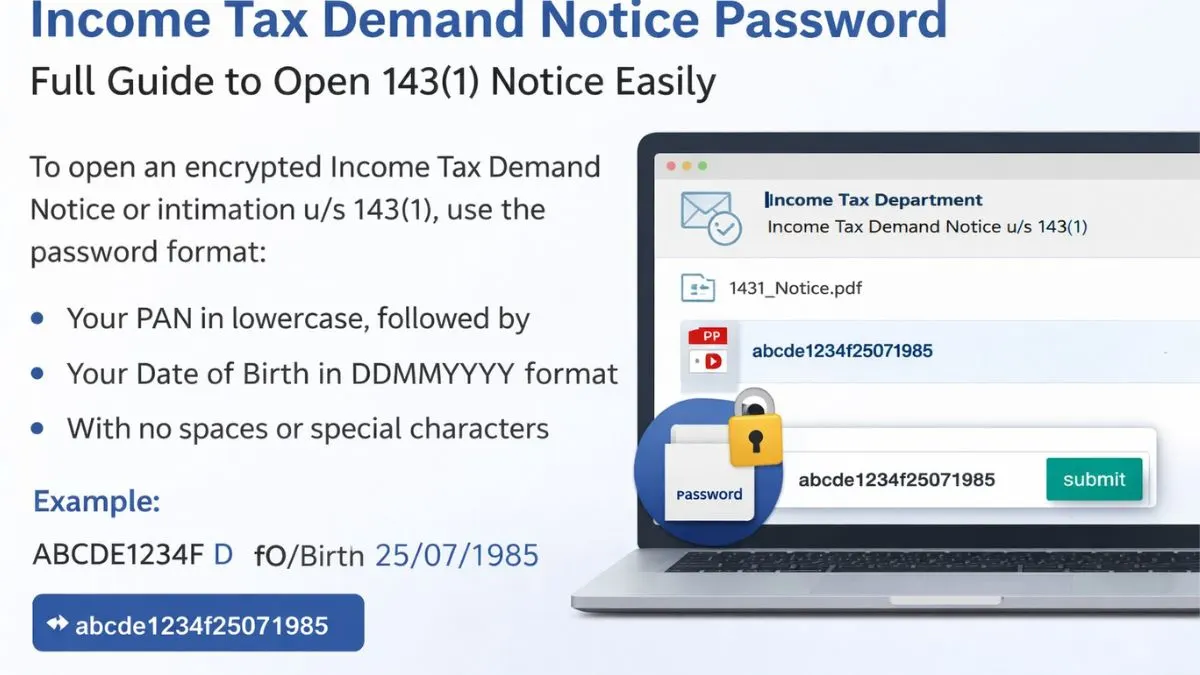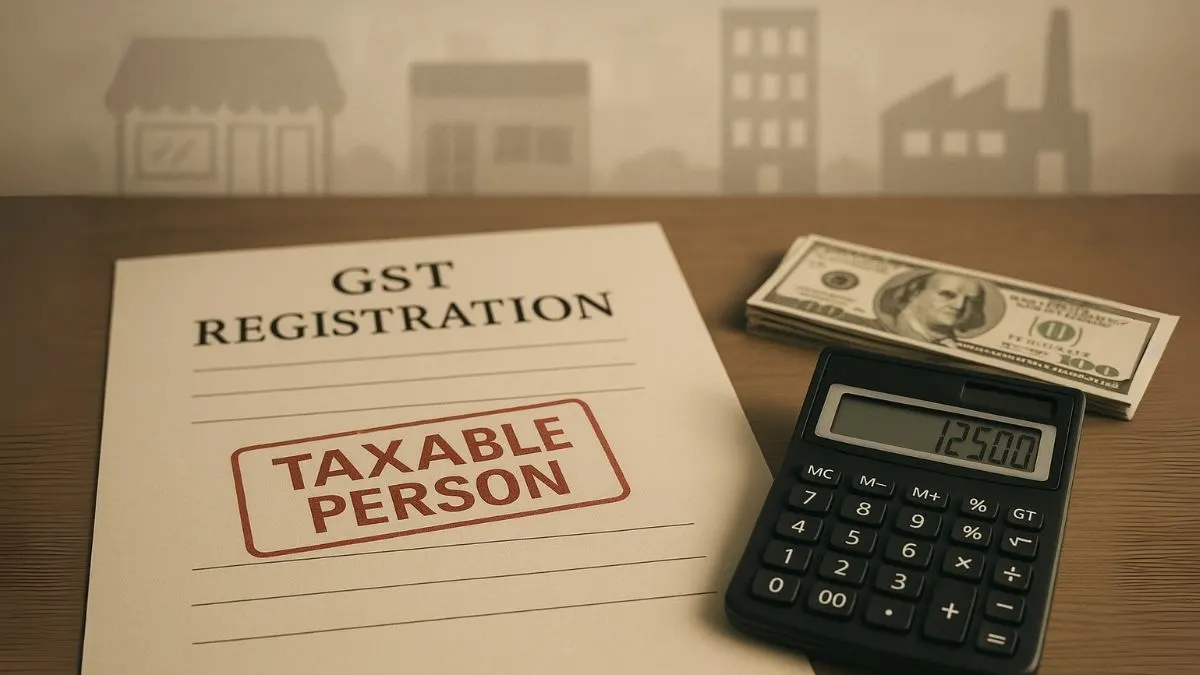
The Goods and Services Tax (GST) in India is a comprehensive tax regime that has unified multiple indirect taxes into one system. At the heart of GST lies the concept of a taxable person. Without identifying who qualifies as a taxable person, GST laws cannot be applied effectively.
A taxable person is essentially anyone who is registered under GST or required to be registered under GST. This includes individuals, companies, partnerships, professionals, & even those who occasionally undertake transactions involving supply of goods or services. In simple words, if you are engaged in any business activity that crosses the registration threshold or meets special conditions, you fall within the definition of a taxable person."
Who is a Taxable Person under GST?
According to the Goods and Service Tax (GST). Act, a taxable person refers to:
- Any individual or entity engaged in business activities within India – whether as a business owner, professional, or trader.
- Anyone required to be registered under GST – based on turnover threshold or nature of supply.
- A business, sole trader, or professional – irrespective of size, as long as GST rules apply.
- A person who occasionally undertakes transactions involving supply of goods or services – even without a fixed place of business.
- An individual who has been issued a registration or is required to obtain one – once registered, compliance obligations automatically begin.
This definition is broad enough to cover not just traditional businesses but also professionals, freelancers, & occasional suppliers."
Registration Requirement for Taxable Persons
GST registration is a key compliance step for every taxable person. The law specifies that an eligible person has to apply for registration at least five days prior to the commencement of business.
- Mandatory Registration: If your aggregate turnover exceeds the prescribed threshold (₹40 lakh for goods, ₹20 lakh for services, lower for special category states), you must register.
- Voluntary Registration: Even if turnover is below threshold, businesses may opt to register to avail input tax credit.
- Special Category: Casual taxable persons & non-resident taxable persons must register, even if turnover is below the limit.
Once registered, the individual or entity automatically becomes a taxable person with GST obligations.
Also Read: Full Form of TRN Number: What It Is, How to Find It, and Why It Matters in GST
Types of Taxable Persons
- Regular Taxable Person: Any person who runs a business, meets the turnover limit, and is registered under GST.
- Casual Taxable Person: A person who occasionally undertakes transaction in a state or union territory where they don’t have a fixed business place. For example, someone putting up a stall at a trade fair.
- Non-Resident Taxable Person: A foreign entity or individual supplying goods or services in India without a permanent business establishment.
- Composition Scheme Taxable Person: Small businesses with turnover up to ₹1.5 crore can opt for this scheme to pay GST at a fixed rate instead of normal rates."
Rights and Duties of a Taxable Person
Rights:
- To collect GST from customers.
- To claim input tax credit.
- To issue tax invoices.
Duties:
- To file GST returns within deadlines.
- To maintain proper books of accounts.
- To comply with audit & assessment requirements.
- To pay GST liability on time.
Importance of Identifying a Taxable Person
- Legal Clarity: Helps determine who needs to register & comply with GST laws.
- Revenue Collection: Ensures tax is collected from the right sources.
- Uniform Taxation: Extends GST compliance beyond just large businesses to cover professionals, casual traders, and service providers."
- Prevents Tax Evasion: Brings occasional suppliers and non-residents under GST net.
Examples of Taxable Persons
- A shop owner selling garments in Delhi.
- A freelance graphic designer providing services to clients in India.
- A food stall vendor at a trade fair (casual taxable person).
- A foreign company supplying IT services in India (non-resident taxable person).
- A small trader opting for composition scheme.
All these fall under the definition of a taxable person.
Also Read: What Is RCM in GST? Full Form, Meaning, Example & Updated List for 2024
Penalties for Non-Compliance
Failure to register or misclassify as a non-taxable person attracts penalties under GST. This includes:
- A fine of 10% of tax due (minimum ₹10,000).
- In case of willful evasion, penalty may be 100% of tax due.
- Suspension or cancellation of GST registration."
Conclusion
A taxable person under GST is not limited to large corporations. It covers anyone who is registered under GST or required to be registered under GST, including any individual or entity engaged in business activities within India, a business, sole trader, or professional, & a person who occasionally undertakes transactions involving supply of goods or services. By law, such persons have to apply for registration at least five days prior to the commencement of business to ensure compliance.
👉 To make GST compliance smooth and stress-free, get expert help from Callmyca.com. We simplify registrations, filings, & advisory so you can focus on growing your business.



